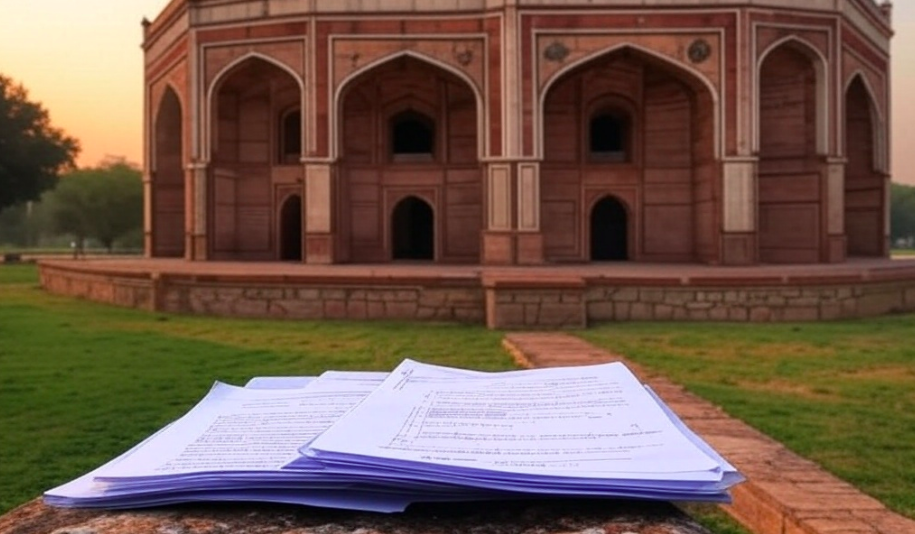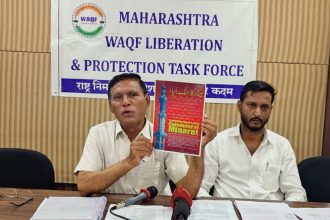Shaquib Mohammad
According to the Ministry of Home Affairs, a total of 3365 communal incidents occurred in the country between 2011 to October 2015, that is, an average of 58 incidents a month. It would thus not be an exaggeration to say that not a day passes when there is complete social harmony in the country.
The field of action for a communal violence has widened to include social media, and even mainstream news channels, to a certain extent, which do not shy away from vitriolic attack against their ideological opponents. The word “communal” has been doing the rounds frequently, and is used interchangeably to denote a person seeking the redressal of grievances of a community. So, this throws to us the question of understanding what really do we mean by a communal person or its underlying ideology of communalism?
Communalism is an ideology which states that society is divided into religious communities whose interests differ, and are, at times, even opposed to each other. The antagonism practiced by the people of one community against the people of another community and religion can be termed ‘communalism’. Noted scholar Bipin Chandra sees communalism as a process which progresses in three stages: 1) the belief that people who follow the same religion have common political, economic, cultural and social interests; 2) belief in a notion that in a multi-religious and diverse society like India, the common interests of the followers of one religion are dissimilar and divergent from the interests of the followers of another religion; and 3) belief that the interests of the followers of different religions or communities are seen to be mutually incompatible, antagonistic and hostile.
‘Communal persons’ are those who practice politics through religion. A religious leader who practices politics in the name of religion perceives it as means to satiate his/her holy coffer; and starts out cries of saving one’s religion if the number of their followers dwindles.
Causes of Communalism
Though communalism is generally portrayed as an offshoot of religious dichotomy, scholars point it otherwise. For example, Chandra holds that communalism is neither inspired by religion, nor is religion an object of communal politics, even though communalist bases his politics on religious differences, and uses religion to mobilize masses. Social scientists also view it as a phenomenon of relative deprivation and social tensions.
At best, it can be concluded that religion is used as a cohesive force to give vent to the simmering discontent which has been a product of multi-dimensional deprivation on social, political, economic, legal, administrative and historical fronts. These dimensions do not work in isolation and are generally overlapping. For example, it is quite well known that those having political power are better off economically as well as socially. They also have been the guardians of resources historically and have occupied top-level administrative posts.
Before independence, it was relatively easy to blame the British’s Divide and Rule policy for communal tension, but now the reality is more complex. The government must take strong measures to curb the rise of disharmony. Debarring communally minded politicians from contesting elections, and adopting coercive measures to stop religious fanatics would go a long way, since they are the ones who add fuel to fire. The government should also try to avert the fear of discrimination among the minorities, and apprehensions of majorities that fuel tension.
(Md Shaquib is based in Delhi and is preparing for civil service examinations.)









